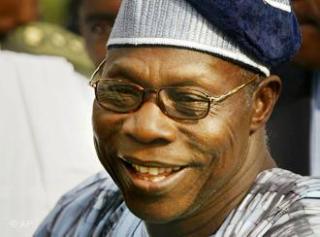S. Sudan vows not shileld culpable officials from Hybrid Court
November 3, 2015 (JUBA) – The South Sudan government said it would not protect officials found to have masterminded the killing of members of ethnic Nuer in December 2013 when political differences within the leadership of the country’s ruling Sudan People’s Liberation Movement (SPLM) turned violent after spreading into the army.

“But I know it was not a policy of the government to target some citizens based on their identity or political views and association”, he added in response to the African Union Commission of Inquiry on South Sudan (AUCISS) report.
The report found that both sides in the conflict committed war crimes and crimes against humanity during the over 20-month conflict, but ruled out genocide allegations. Most of indiscriminate killings, it said, were committed in Juba, Malakal and Bor towns.
Former Nigerian President Olusegun Obasanjo headed the five-member commission established in March 2014 to investigate crimes committed during the South Sudanese war.
The presidential spokesperson, Ateny Wek Ateny, told The Nation Mirror newspaper’s Monday edition that government would handover anybody found guilty to face the law.
“Yes, the government is ready to hand over anybody found guilty to face the law”, he said.
Ateny further stressed that the government would not interfere in the administration of justice because it cherishes the rule of law to condone crimes committed by individuals in the name of defending the government and president of the world’s youngest nation.
“The government does not allow anyone to be above the law. The only thing the government wants is conclusive evidence. If there is enough evidence of human rights violation perpetuated by given individuals, no matter how senior the person is, he or she will go to court,” the South Sudanese presidential aide further told the Juba-based daily.
(ST)
